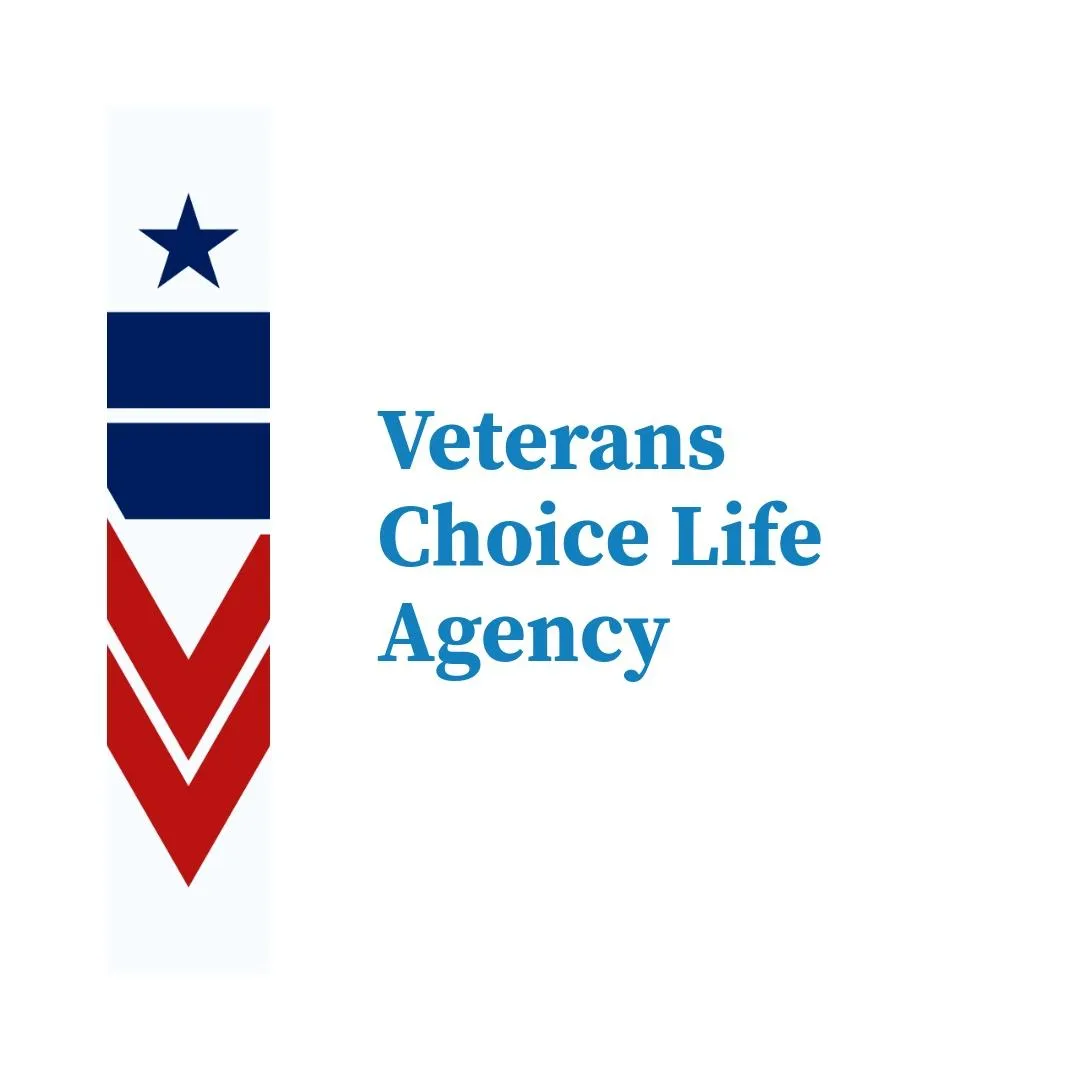
"The Veteran's Guide to Long-Term Care and Estate Planning"
Planning for the Future: Protecting Your Family with Long-Term Care Insurance and Estate Planning
As a veteran, you’ve dedicated much of your life to serving your country. Now, it's time to focus on protecting your family's future. Proper long-term care and estate planning are essential steps to ensure that your family is taken care of in the event of illness, incapacity, or death. While VA benefits provide some coverage, combining those benefits with a well-rounded personal plan can safeguard your family's financial security. This guide will walk you through the basics of long-term care insurance, VA long-term care options, and estate planning essentials.
1. Understanding Long-Term Care Needs
As you grow older or face health challenges, the need for long-term care may arise. Long-term care refers to a range of services that help with daily activities such as bathing, dressing, and eating, or medical services required for chronic illnesses or disabilities.
Why Long-Term Care Planning Matters
Costs are high: Long-term care is expensive, especially if you need to enter a nursing home or assisted living facility. Without proper planning, these costs can quickly drain your savings and burden your family.
Not covered by Medicare: Many people mistakenly assume that Medicare covers long-term care. However, it only covers short-term care after a hospital stay. For extended care, you’ll need other forms of coverage.
2. VA Long-Term Care Options for Veterans
The VA provides several long-term care options that veterans can take advantage of, although eligibility depends on service history, disability rating, and income.
Key VA Long-Term Care Services
Community Living Centers (CLC): These are VA-run nursing homes where veterans receive skilled care, rehabilitation, and assistance with daily activities. They are ideal for veterans needing extended care or specialized treatment for disabilities.
Home and Community-Based Services: For veterans who prefer to stay in their homes, the VA offers services such as home health care, adult day care, and hospice care. These options can help you remain independent while receiving the care you need.State
Veterans Homes: Many states operate veterans' homes that provide long-term care for eligible veterans. Costs and services vary by state, but these homes can be a more affordable option compared to private nursing facilities.
Who Is Eligible: Veterans with a service-connected disability rating of 70% or higher receive priority for VA long-term care services at no cost.Veterans with lower disability ratings or income levels may still be eligible but may have to pay a copay depending on their financial situation.
Maximizing Your VA Benefits
Apply early: VA long-term care facilities can have waiting lists, so it's important to apply early if you think you'll need these services.
Explore hybrid care: If VA services don’t cover everything you need, consider combining VA care with private long-term care insurance for comprehensive coverage.
3. Long-Term Care Insurance: A Safety Net for Veterans
While the VA offers valuable long-term care options, it’s not guaranteed to cover everything. That’s where private long-term care insurance comes in. This type of insurance helps cover the costs of long-term care services that aren’t covered by VA benefits, Medicare, or Medicaid.
What Long-Term Care Insurance Covers: Nursing homes and assisted living facilitiesIn-home care, such as home health aides and skilled nursing careRespite care for family caregiversAdult day care programs for older adults needing supervision or assistance during the day
Why Veterans Should Consider Long-Term Care Insurance
Flexibility: Unlike VA services, private long-term care insurance gives you access to a wider range of care options, including private nursing homes and assisted living facilities.
Supplemental coverage: VA benefits may not fully cover your long-term care needs, especially if you require extended care. Long-term care insurance can help bridge that gap, protecting your family from financial strain.
When to Buy: The best time to buy long-term care insurance is before you need it. Premiums are lower when you’re younger and in good health, so purchasing a policy in your 50s or 60s can be more affordable.
4. The Importance of Estate Planning
Estate planning goes beyond just writing a will—it ensures that your financial affairs are handled properly if you become incapacitated and that your assets are distributed according to your wishes after your death. As a veteran, setting up a comprehensive estate plan can provide peace of mind and protection for your family.
Key Components of an Estate Plan
Will: This legal document outlines how your assets will be distributed after your death. Without a will, the state may decide how your property is divided, which may not reflect your wishes.
Living Will: Also known as an advance directive, this document outlines your preferences for medical treatment if you are unable to communicate your wishes due to illness or incapacity.
Durable Power of Attorney: This document allows you to appoint someone to manage your financial affairs if you become incapacitated.
Healthcare Proxy: Similar to a durable power of attorney, a healthcare proxy designates someone to make medical decisions on your behalf.Trusts: Trusts can help manage your assets during your lifetime and ensure they are distributed efficiently after your death, often without the need for probate court.
Why Estate Planning Is Crucial for Veterans
Protect your family: An estate plan ensures that your family knows exactly how to handle your assets and medical care, reducing the risk of legal disputes and emotional stress.Plan for incapacity: In case of illness or incapacity, having a living will and healthcare proxy ensures your medical preferences are respected.Minimize taxes: With careful estate planning, you can reduce the tax burden on your heirs, preserving more of your wealth for future generations.
5. Steps to Setting Up an Estate Plan
Creating an estate plan doesn’t have to be complicated, but it does require attention to detail. Here’s a simple process to follow:
1. Make an Inventory of Your Assets: List all of your assets, including bank accounts, real estate, investments, life insurance, and personal belongings.
2. Choose a Trusted Executor: Select someone you trust to carry out the terms of your will. This person should be responsible, organized, and able to manage legal and financial responsibilities.
3. Update Beneficiaries: Make sure your beneficiaries are updated on life insurance policies, retirement accounts, and other financial assets to avoid disputes or delays in asset distribution.
4. Create a Plan for Your Care: Designate a healthcare proxy and create a living will to ensure your medical care wishes are honored if you’re unable to communicate them.
5. Work with an Estate Attorney: Consulting an estate planning attorney is crucial to ensure all documents are legally sound and reflect your wishes. Estate planning laws vary by state, so professional advice is key.
6. Combining VA Benefits with Private Planning
While the VA offers great benefits, they may not cover everything you need, especially as you age or if you face long-term health issues. Combining VA benefits with private insurance and estate planning can provide a more comprehensive safety net for you and your family.
Actionable Tips
Maximize VA health care: Use VA services to cover major medical and long-term care needs when eligible, but have a backup plan for any gaps in coverage.Use VA life insurance: Veterans’ Group Life Insurance (VGLI) is a term policy with ever increasing premiums as we age every 5 years. They do nothing to adress retirement or building generational wealth. While the VGLI is better than nothing. We highly recommend checking out other types of life insurance that will not only secure your families financial future, but your retirement as well. Discover how you can be prepared!
Conclusion: Secure Your Family's Future
As a veteran, you’ve worked hard to protect your country. Now, it’s time to protect your family’s future. Proper long-term care insurance, VA benefits, and estate planning can give you peace of mind and ensure that your loved ones are taken care of no matter what happens.
By planning ahead and taking advantage of all available resources, you can safeguard your family’s financial security, protect your assets, and ensure that your final wishes are honored. Start planning today to build a secure and comfortable future for yourself and your loved ones.
Discover Vital Strategies to Secure Your Family's Future & Retirement Before It's Too Late!

Don't let delay drain your loved ones' dreams! Discover the pathway to protect your family's financial destiny!

DO YOU WANT HELP FROM ONE OF THE TOP (Advisors For Veterans) & RETIREMENT EXPERTS IN THE COUNTRY?
Meet Daniel Montijo...

Forged in the crucibles of Afghanistan and Iraq, the scars of war are etched into my soul. Now, as a 100% disabled veteran, I understand the silent struggles that our valiant heroes endure long after the battlefield silence. Driven by a relentless passion, I've embraced a noble crusade: to empower veterans to fortify their financial destiny and shield their loved ones from life's unforeseen adversities. Join me on this honorable journey—let's navigate the path to a secure retirement and carve out a legacy of prosperity for generations to come!
Schedule a free family financial planning call with Daniel today!
Copyrights 2024 | veteranschoicelife.com | Privacy Policy